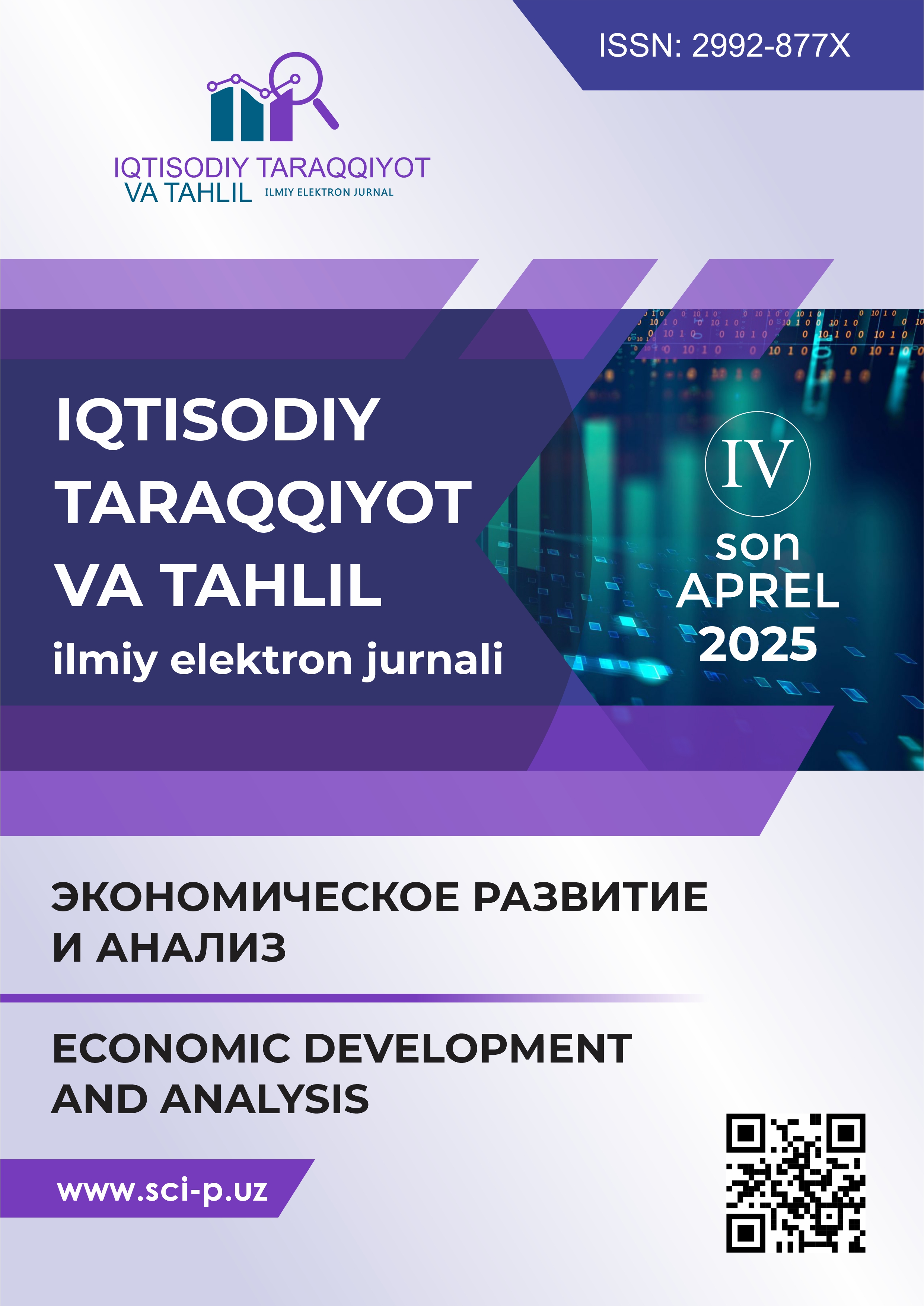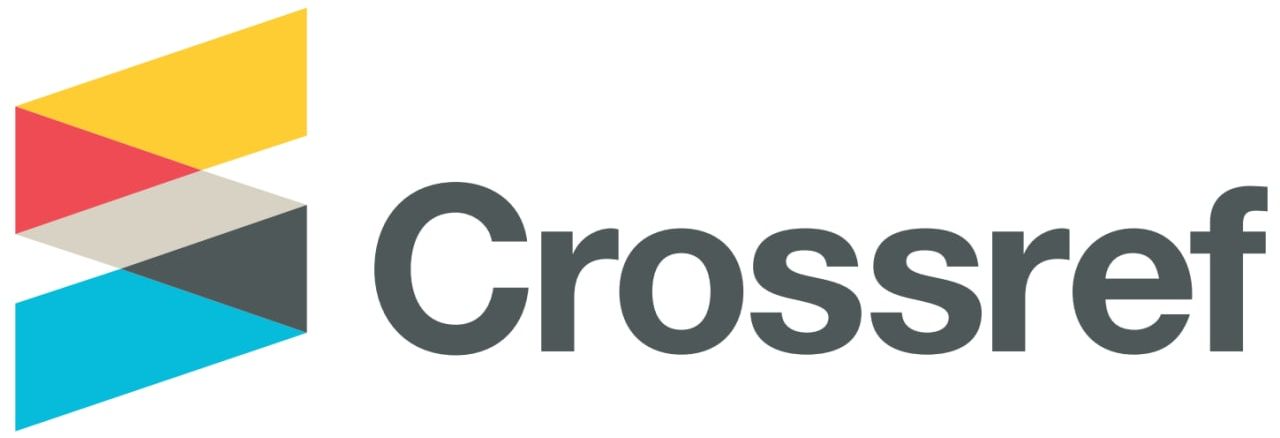RAQAMLI FISKAL BOSHQARUVDA BARQARORLIK REYTINGINING
DOI:
https://doi.org/10.60078/2992-877X-2025-vol3-iss4-pp9-22Annotasiya
Mazkur maqolada tadbirkorlik subyektlarining barqarorlik reytingini aniqlash tartibi asosida ishlab chiqilgan baholash tizimining iqtisodiy, huquqiy va metodologik asoslari tahlil qilinadi. Reyting mezonlari xalqaro reyting amaliyotlari bilan qiyosiy o‘rganiladi, raqamli fiskal boshqaruv va soliq intizomi tamoyillari bilan uyg‘unligi tahlil etiladi. Tizimdagi amaliy muammolar aniqlanib, ularni bartaraf etish bo‘yicha takliflar ishlab chiqiladi. Tadqiqot O‘zbekiston sharoitida fiskal islohotlar samaradorligini oshirishga yo‘naltirilgan nazariy va amaliy tavsiyalarni o‘z ichiga oladi
Kalit so‘zlar:
barqarorlik reytingi fiskal boshqaruv soliq intizom tadbirkorlik subyekti raqamli transformatsiya baholash mezonlari avtomatlashtirilgan platforma qo‘shilgan qiymat solig‘i (QQS) aylanmadan olinadigan soliq (AOS) reyting metodologiyasi fiskal islohot xalqaro reyting tizimlariBibliografik manbalar
Abdullayev, Z.S. (2024). Tadbirkorlik subyektlarining barqarorlik reytingi: zamonaviy yondashuvlar va raqamli monitoring mexanizmlari. O‘zbekiston sug‘urta bozori, №2, 43–58.
Aripov, A.N. (2024). O‘zbekiston Respublikasi Vazirlar Mahkamasining 2024-yil 30-yanvardagi 55-sonli Qarori. Toshkent: www.lex.uz. [Online] Available at: https://lex.uz/docs/6823652
ESG Reporting Guide (2023). Environmental, Social, and Governance (ESG) Metrics: A Practical Guide. Geneva: UN Global Compact. [Online] Available at: https://www.unglobalcompact.org/library
Fitch Ratings (2023). Corporate Rating Criteria. New York: Fitch Group. [Online] Available at: https://www.fitchratings.com
KPMG International (2022). Sustainability Reporting Survey 2022. Zurich: KPMG Insights.
Louche, C. and Hebb, T. (2017). Socially Responsible Investment in the 21st Century: Does it Make a Difference for Society? Cheltenham: Edward Elgar Publishing.
Mirziyoyev, Sh.M. (2024). O‘zbekiston Respublikasi Prezidentining PQ-39-son qarori: Barqarorlik reytingi tizimini joriy etish to‘g‘risida. Toshkent: Prezident. [Online] Available at: https://lex.uz/docs/6782831
Nurmatov, Sh. (2024). Reyting tizimida indikatorlar va ularning vazn koeffitsientlari. TDIU ilmiy axborotnomasi, №4, 18–26.
OECD (2021). Digital Transformation in Government: Tackling Challenges for Inclusive and Sustainable Growth. Paris: OECD Publishing.
S&P Global Ratings (2023). Methodology for Assessing Sovereign Creditworthiness. London: S&P Global Inc. [Online] Available at: https://www.spglobal.com
World Bank (2020). Doing Business 2020: Comparing Business Regulation in 190 Economies. Washington D.C.: World Bank Group.
World Bank (2024). Business Ready 2024: Pilot Framework for Private Sector Development. Washington D.C.: World Bank. [Online] Available at: https://www.worldbank.org/businessready
Yakshiboeva, M. (2024). Raqamli fiskal boshqaruvda barqarorlik indikatorlarining baholash metodikasi. Iqtisodiyot va innovatsion texnologiyalar, №6, 35–42.
Yuklashlar
Nashr qilingan
Qanday qilib iqtibos keltirish kerak
Nashr
Bo'lim
Litsenziya

Ushbu ish Creative Commons Attribution 4.0 Worldwide.











